The Graduate (1967)
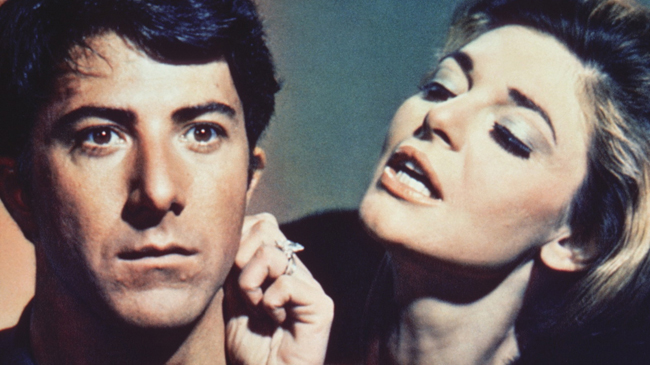
The Book: The Graduate - Charles Webb (1963)
Why It's Better: The plot might be the same in both versions, but the execution is vastly different.
Webb convey’s Benjamin’s feeling of listlessness and apathy by filling his book with constant banal chit-chat between characters, whereas the movie sells it with a dragging sense of stillness (just think of that now infamous scuba suit scene).
It’s also impossible to ignore the added edge the Simon & Garfunkel soundtrack offers. Here’s to you, Mrs Robinson.
The Godfather (1972)
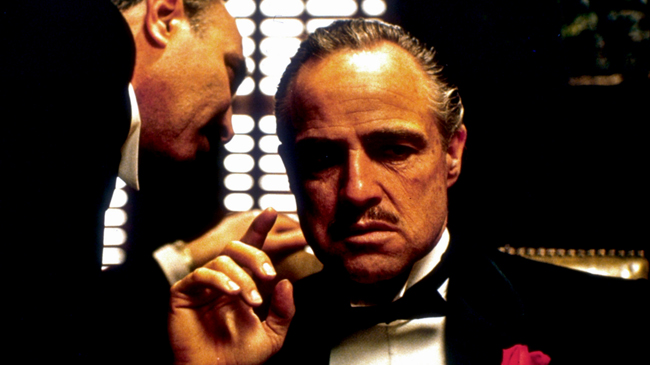
The Book: The Godfather - Mario Puzo (1969)
Why It's Better: Francis Ford Coppola wanted Puzo to be an integral part of the production process, and the pair composed a slick script that completely does away the novel’s few weak moments.
We also much prefer the movie’s grittier finale, where Kay realises the extent of Michael’s ruthlessness, and the finished film wholly deserves its status as one of the all-time greats.
Sign up for the Total Film Newsletter
Bringing all the latest movie news, features, and reviews to your inbox
Stand By Me (1986)
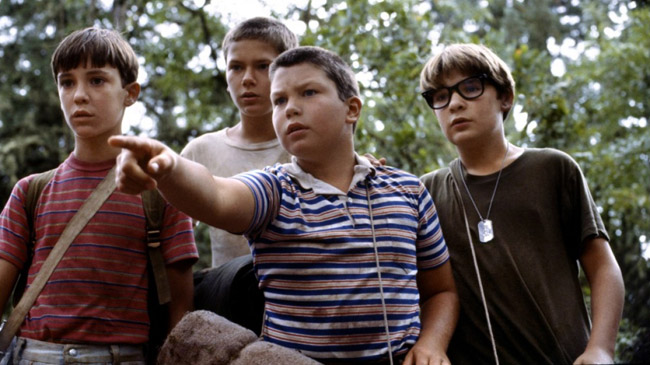
The Book: The Body - Stephen King (1982)
Why It's Better: It’s the movie Stephen King calls the “first successful translation to film of any of his works”, and in a list that includes The Shawshank Redemption, The Shining and The Green Mile , that ain’t half bad.
Rob Reiner’s film takes the best parts of the novella to make perhaps the ultimate coming-of-age flick around.
Adaptation (2002)
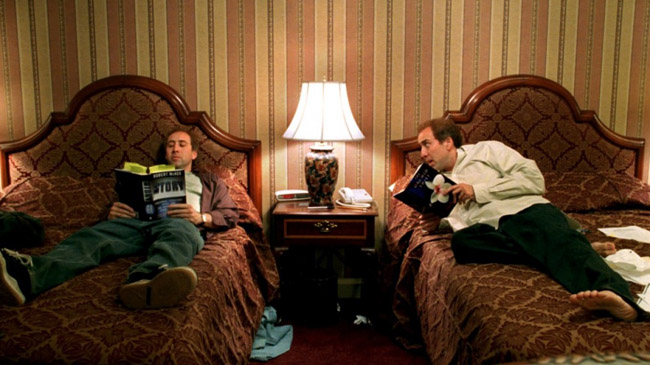
The Book: The Orchid Thief - Susan Orlean (1998)
Why It's Better: Anything from the mind of Charlie Kaufman is going to be a brain-boggler, and Adaptation is no exception.
Following fictional writers Charlie and Donald Kaufman as they struggle to adapt The Orchid Thief for the big screen, the movie was inspired by real-life writer Charlie Kaufman’s struggle to adapt The Orchid Thief for the big screen. Still with us?
It’s a brilliant piece of satire on the process of adaptation itself, and well worth a watch (or two).
Interview With The Vampire (1994)
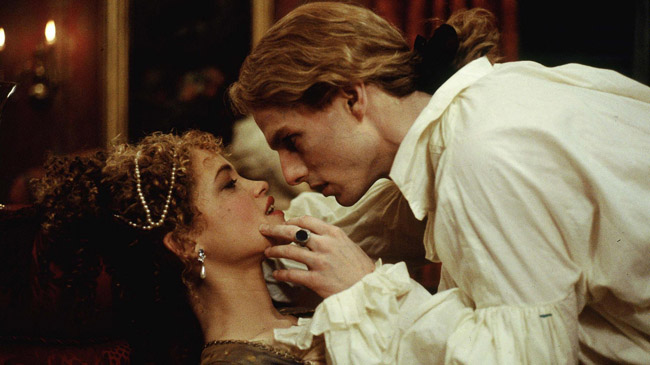
The Book: Interview With The Vampire - Anne Rice (1976)
Why It's Better: Author Anne Rice was busy badmouthing the film adaption of her tale of post- Dracula , pre- Twilight blood-suckers before shooting had even begun; convinced that the casting was wrong, she refused to even visit the set.
However, after forcing herself to watch the finished product she was so overcome that she wrote an open letter to her fans, stating it was “what [she] dreamed it could be”.
If the author is your number one fangirl, clearly you did something right…
Les Misrables (2012)
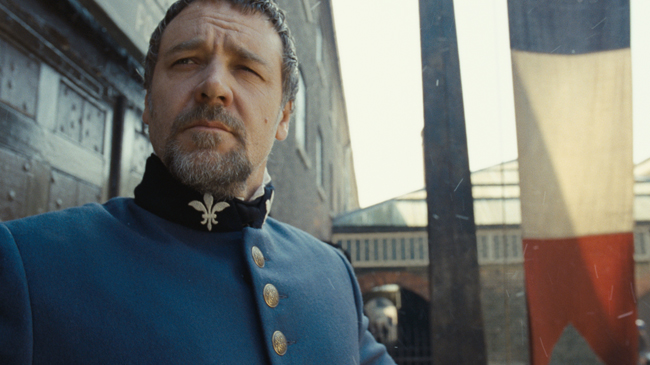
The Book: Les Misérables - Victor Hugo (1862)
Why It's Better: Yes, it's a classic, yes it's one of the greatest novels of the 19th century, but standing at 1500 pages it isn't what you'd call the easiest of reads.
Tom Hooper’s radical reinvention of this majestic story pulled out the most moving moments of Hugo’s epic, and combined with Claude-Michel Schönberg and Alain Boublil’s score gave us a piece of musical magic.
Forrest Gump (1994)
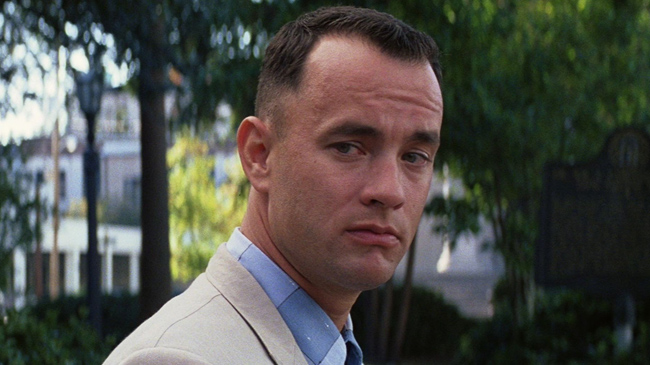
The Book : Forrest Gump - Winston Groom (1986)
Why It's Better: According to Groom, the film "took some of the rough edges off" his novel (a move that could be beneficial or damaging, depending on your stance), but in doing so screenwriter Eric Roth made the movie Forrest a much warmer, more genuine character.
Slumdog Millionaire (2008)

The Book: Q & A - Vikas Swarup (2005)
Why It's Better: Adored though Vikas Swarup’s bestseller is, Slumdog Millionaire became the breakout film of 2008, enchanting audiences and critics alike.
Director Boyle might have chopped electrifying subplots and mixed up the ending, but Swarup is wholly supportive, saying: “The film is beautiful. The plot is riveting. The child actors are breathtaking.”
The Curious Case Of Benjamin Button (2008)
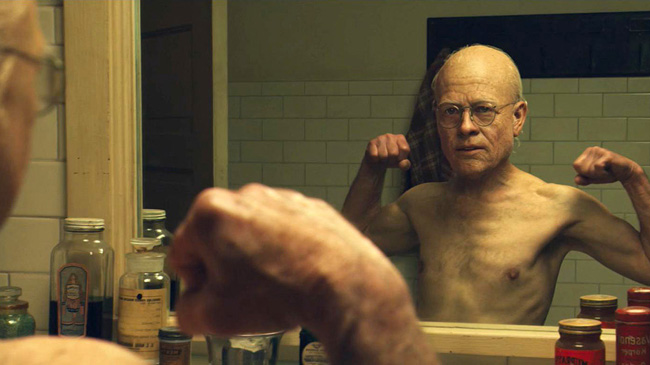
The Book: The Curious Case Of Benjamin Button - F. Scott Fitzgerald (1922)
Why It's Better: David Fincher’s epic tale lifted the bare minimum from Fitzgerald’s short story, keeping little more than the protagonist’s name and unusual condition.
This is one of those rare occasions when the film almost gives the book life, rather than the other way around, and the extraordinary special effects make it an unforgettable cinematic experience.
Crouching Tiger, Hidden Dragon (2000)
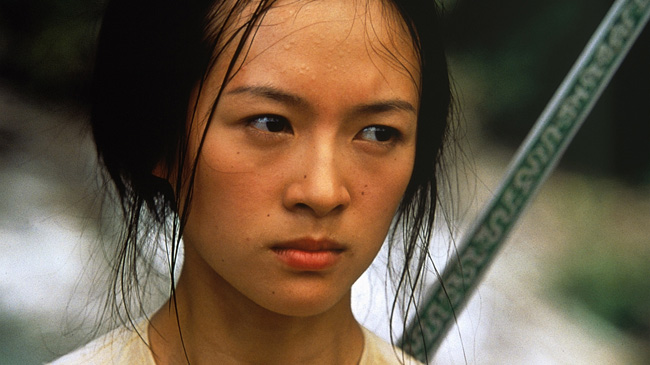
The Book: Crouching Tiger, Hidden Dragon – Wang Dulu (1938 – 1942)
Why It's Better: Lets be honest, no matter how stunning the prose, there’s no way anything could compete with the visuals of the movie. There isn’t one frame in the film that you couldn’t display on your wall, and it has since been credited with hugely boosting the popularity of Chinese wuxia cinema.


